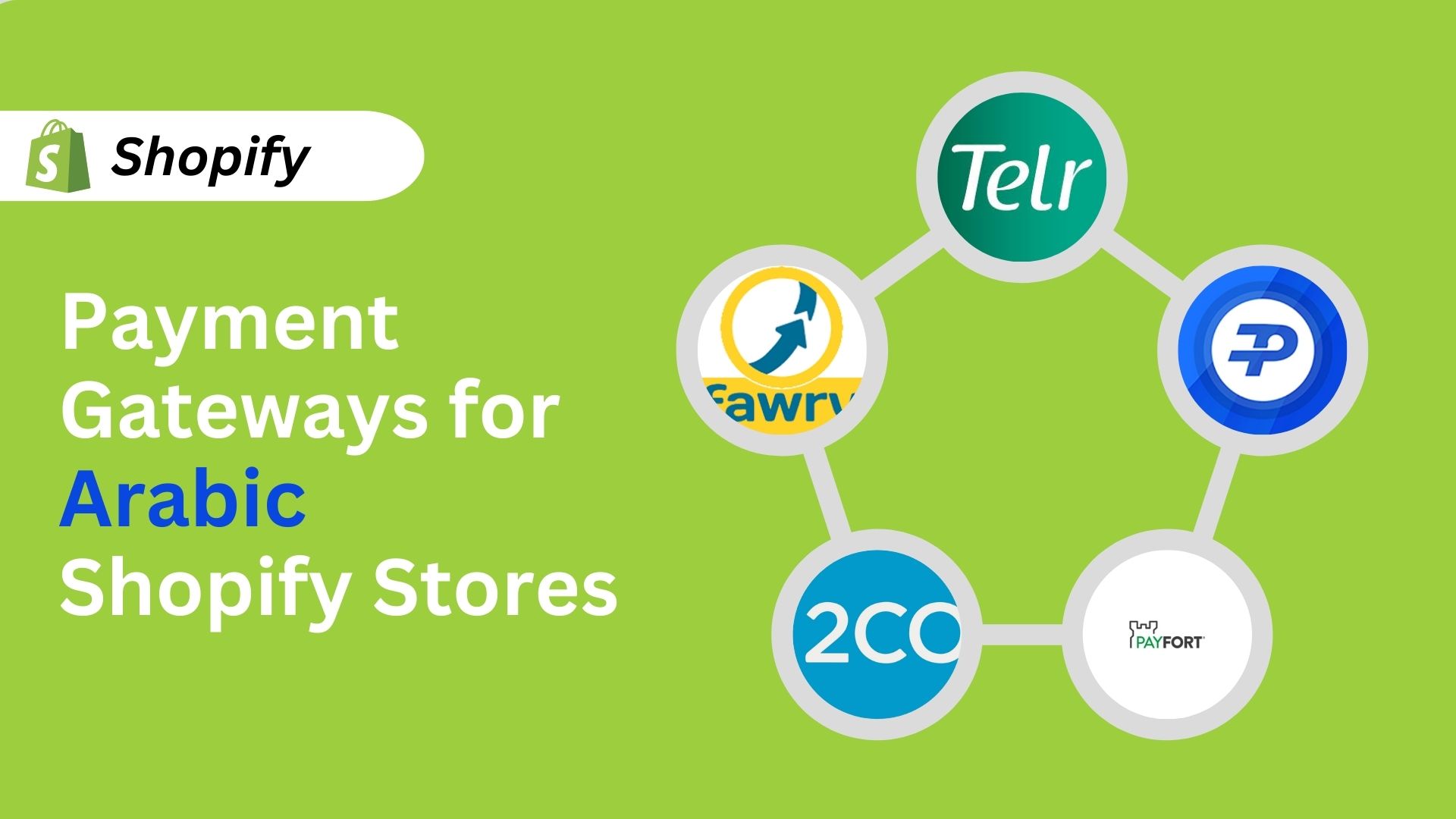
In the rapidly evolving world of e-commerce, payment gateways play a crucial role in facilitating online transactions. For Arabic Shopify stores, choosing the right payment gateway is essential to ensure a smooth shopping experience, encourage customer trust, and maximize sales. This article explores the various aspects of payment gateways specifically tailored for Arabic-speaking markets.
What is a payment gateway?
A payment gateway is a service that authorizes credit card or direct payments for online retailers. It acts as the intermediary between the customer and the merchant, ensuring that transactions are processed securely and efficiently. In the context of Arabic Shopify stores, selecting a payment gateway that caters to the unique needs of this demographic is vital.
How does a payment gateway work?
A payment gateway acts as a bridge between your online store and the financial institutions that process payments. When a customer places an order on your website, the following steps typically occur:
- Customer Initiates Payment: The customer selects their desired payment method and enters their payment information (e.g., credit card details, bank account information).
- Data Encryption: The payment gateway encrypts the customer’s sensitive payment data to protect it from unauthorized access.
- Tokenization: The encrypted data is often tokenized, replacing the actual card numbers with unique tokens to further enhance security.
- Authorization Request: The gateway sends an authorization request to the relevant financial institution (e.g., the customer’s bank) to verify the availability of funds.
- Authorization Response: The financial institution responds to the authorization request, either approving or declining the transaction based on factors like available funds, fraud checks, and card validity.
- Transaction Processing: If the transaction is authorized, the gateway processes the payment, typically by capturing the funds from the customer’s account.
- Confirmation and Receipt: The gateway sends a confirmation message to your store, indicating the success or failure of the transaction. The customer also receives a receipt or confirmation email.
- Settlement: The gateway settles the transaction with the merchant’s bank, typically within a few business days.
Why choosing the right gateway?
Choosing the right payment gateway is crucial for several reasons that can significantly impact the overall success and efficiency of an online business even if it will take a little research as there isn’t a single best option out there.Here are some of the key reasons why selecting the appropriate payment gateway is important:
1. Enhanced Customer Experience
- User-Friendly Interface: A payment gateway that is easy to navigate and supports local languages helps customers complete their transactions smoothly, reducing frustration and cart abandonment.
- Local Payment Options: Providing various payment methods that customers are familiar with (such as local credit cards, e-wallets, and bank transfers) can enhance customer satisfaction and loyalty.
2. Security and Trust
- Data Protection: A reputable payment gateway employs strong encryption and security measures to protect sensitive customer information. Ensuring customers feel secure during transactions is critical for building trust.
- Fraud Prevention: Good payment gateways have fraud detection and prevention tools in place, which can help minimize risk and protect both the merchant and the customer.
3. Higher Conversion Rates
- Minimized Cart Abandonment: A seamless and secure checkout process encourages customers to complete their purchases. Reducing barriers to checkout can lead to higher conversion rates.
- Transaction Success Rates: Gateways optimized for the local market usually have higher approval rates, thereby increasing the chances of successful transactions.
4. Cost-Effectiveness
- Understanding Fees: Payment gateways charge various fees (transaction fees, setup fees, monthly fees). Choosing the right gateway can help manage and reduce these costs, which is especially important for businesses with a high volume of transactions.
- Competitive Rates: A cost-effective gateway can save businesses money over time, positively impacting overall profitability.
5. Integration Capabilities
- Easy Integration with E-Commerce Platforms: A suitable payment gateway should seamlessly integrate with your e-commerce platform (like Shopify). This ensures a smooth operational flow and reduces technical issues during checkout.
- Streamlined Operations: Integration with back-end systems can simplify operations and reduce manual work.
6. Scalability
- Growth Flexibility: As businesses expand, their payment processing needs may evolve. Choosing a scalable payment gateway ensures that the system can handle increased transaction volumes and potentially new payment methods without significant additional work or cost.
7. Comprehensive Reporting and Analytics
- Data Insights: Many payment gateways offer reporting tools that provide insights into sales trends, customer behavior, and transaction details. This data can be invaluable for making informed business decisions.
- Transaction Tracking: Having access to detailed reports can help with financial management and reconciliation processes.
8. International Reach
- Multi-Currency Support: For businesses looking to expand internationally, supporting multiple currencies and payment methods enables them to cater to a global audience.
- Compliance with Local Regulations: Gateways that understand international markets can help ensure compliance with local financial regulations, reducing legal risks.
9. Reliable Customer Support
- Prompt Assistance: Choosing a payment gateway with strong customer support ensures that any issues can be resolved quickly, minimizing disruptions in service.
- Multi-language Support: In Arabic markets, having support in Arabic can assist in providing better service to customers.
What are the factors to Consider When Choosing a Payment Gateway?
Choosing the right payment gateway for your business is crucial for ensuring a smooth customer experience and maximizing sales. Here are some key factors to consider:
Language Support: The payment gateway must support Arabic language to ensure that customers fully understand the payment process, which can significantly enhance user experience.
Currency Compatibility: It’s essential to choose a payment gateway that accepts local currencies and offers competitive exchange rates for international transactions.
Security Features: Given the rise in online fraud, selecting a gateway that complies with the latest security standards is crucial for safeguarding customer data.
Transaction Fees: Different gateways have varying fee structures, so it’s important to analyze these costs in relation to the expected transaction volume to determine the most economical option.
Integration with Shopify: The payment gateway should seamlessly integrate with Shopify to streamline the checkout process and maintain a consistent user experience.
Customer Support: Reliable customer service is essential, especially in different time zones and languages. Look for gateways that offer support in Arabic.
Popular Payment Gateways for Arabic Shopify Stores
Here are some of the most popular payment gateways that cater specifically to Arabic-speaking regions:
1. Payfort (Amazon Payment Services)
Payfort is an established payment gateway in the Arab world, providing various payment solutions. It supports multiple currencies and languages, ensuring a user-friendly experience for Arabic customers. Its robust fraud protection features make it a reliable choice for merchants.
2. Telr
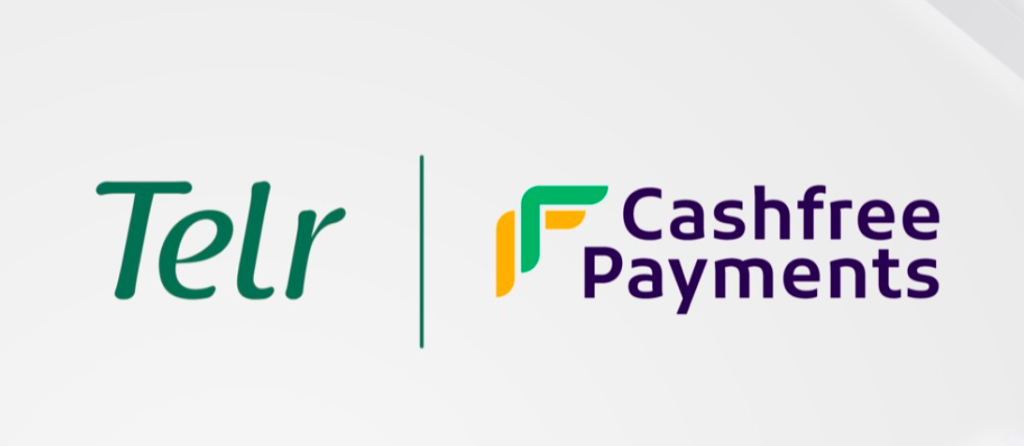
Telr is a payment gateway that supports businesses in the Middle East and beyond. It offers a comprehensive solution that includes payment processing, fraud prevention, and multi-currency support. Telr’s intuitive interface is available in Arabic, enhancing usability for local consumers.
3. HyperPay
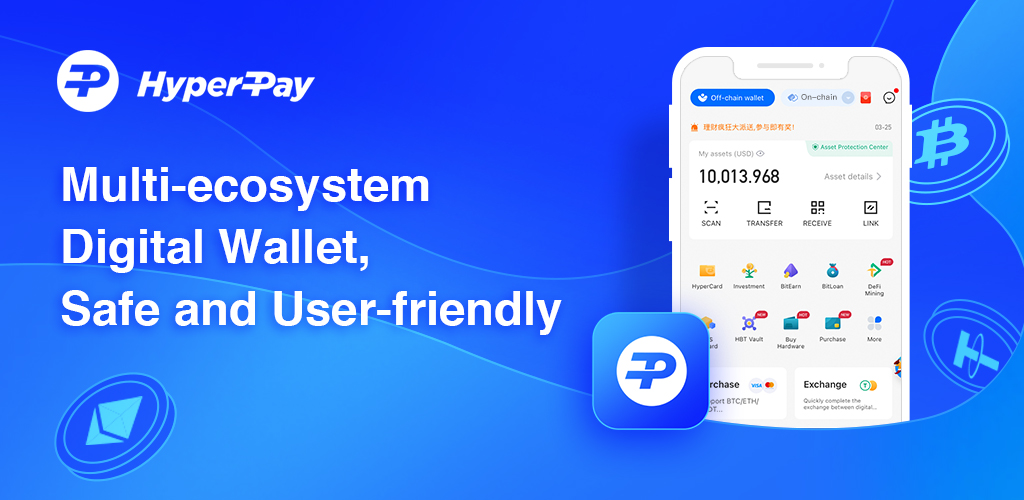
HyperPay is another leading payment service provider in the Arab region. It offers a wide range of payment options, including credit and debit cards, e-wallets, and installment payments. HyperPay stands out for its easy integration with Shopify and excellent customer support.
4. Moka (now part of Fawry)

Moka, now integrated with Fawry, provides payment solutions that cater to both online and offline retailers in Egypt and the broader Arab market. Its user-friendly system and local bank partnerships make it a solid choice for Shopify stores in Egypt.
5. 2Checkout (now Verifone)
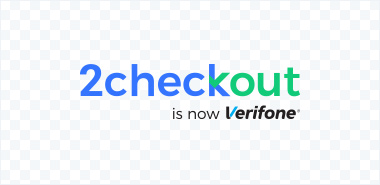
2Checkout supports businesses globally, with features tailored for the Arab market. It supports multiple currencies and integrates smoothly with Shopify. Additionally, it offers customizable checkout experiences that can be presented in Arabic.
Conclusion:
In the competitive landscape of e-commerce, choosing the right payment gateway is vital for the success of Arabic Shopify stores. By focusing on factors such as language support, security, integration, and transaction costs, store owners can select a gateway that meets their unique business needs and enhances customer experience. With the right payment solution in place, merchants can foster trust and encourage customer loyalty in the vibrant Arabic-speaking market.
Related article : Unleashing Your Brand in the Arab World: Why You Should Create an Arabic Shopify Store





